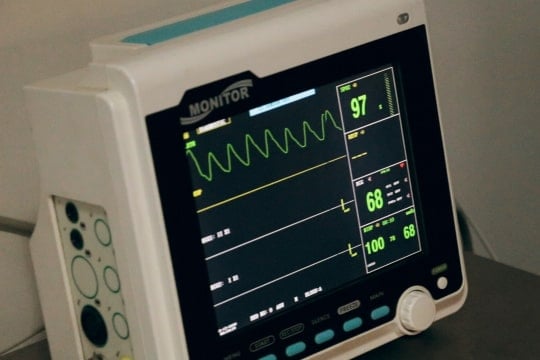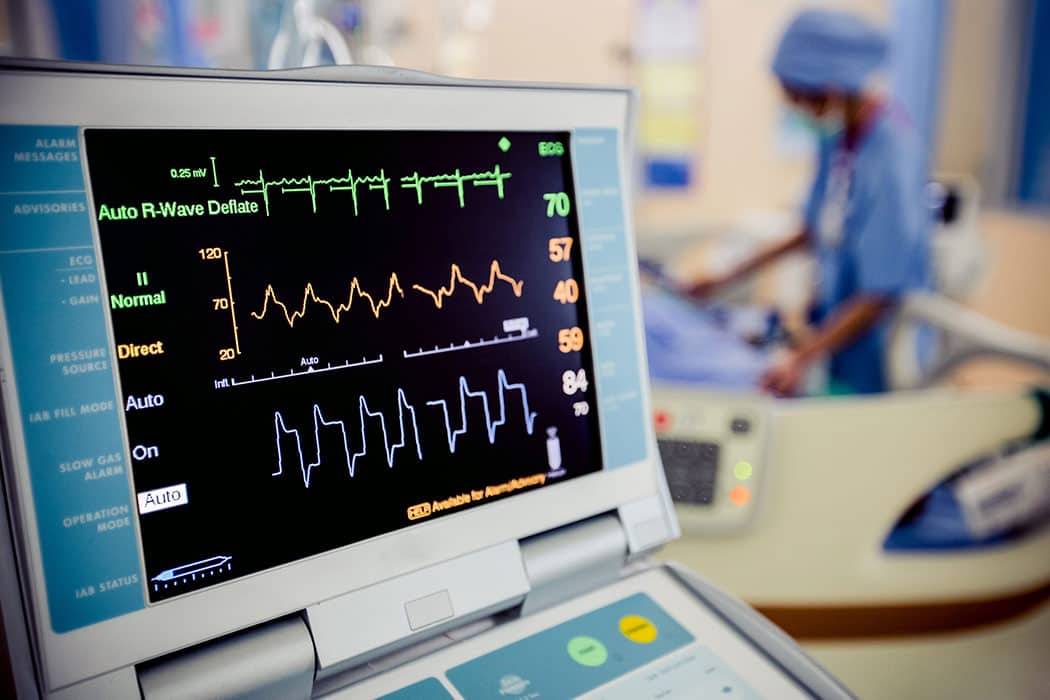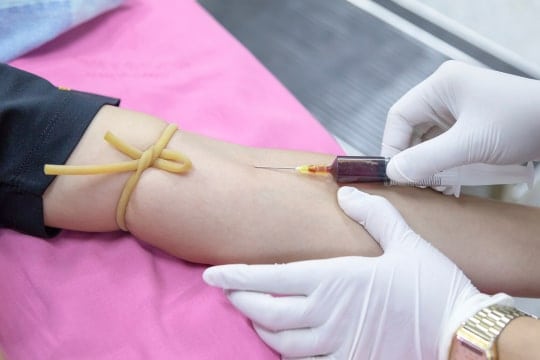WHAT HAPPENS DURING AN ELECTROCARDIOGRAM or ekg test?
During an EKG, a professional lab technician will attach about 10-15 electrodes with adhesive pads to the skin on your chest, arms, and legs. You'll be asked to lie flat, while a computer generates a graph of the electrical impulses that move through your heart. The test will usually take 5 to 10 minutes.
HOW SHOULD YOU PREPARE FOR AN EKG TEST?
There are no restrictions on food and drink before an EKG. However, it is advised that you do not smoke before the test. Avoid applying lotions, creams, or oils on the day of the test. These things might keep the electrodes from making contact with your skin. It is also best if you wear clothes that can be easily removed, as the EKG electrodes will be attached to your legs and chest.
when do you need an ekg test?
An EKG is not done just because you want to. Although it is not harmful, it can sometimes show abnormalities that are NOT caused by heart disease. This creates unnecessary anxiety and may lead to tests and treatments that you do not need. Always consult with your physician first. They will let you know if you need to undergo an EKG.
Here are some of the reasons your physician will tell you to order the test:
- You are scheduled for a surgery
- You suffer from chest pain
- You have shortness of breath
- You have an irregular heartbeat
- You have a family history of heart disease
- You need it for occupational requirements



